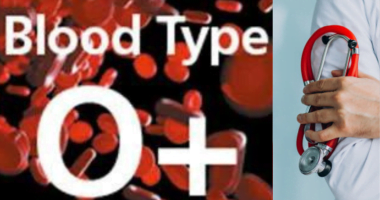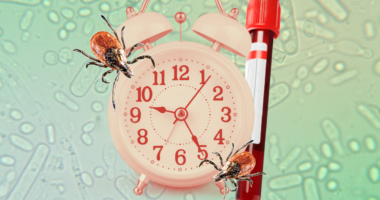How To Prevent The Occurrence Of Anal Cancers – More than 90 per cent of anal cancers are associated with HPV infections. HPV vaccination is the best available measure to prevent anal cancer.
Researchers have highlighted an alarming rise in anal cancer cases in the U.S. A study recently published in the Journal of Clinical Oncology indicated a 1.5-fold increase in anal cancer incidence and mortality rates among men and women over 50 years old. The highest increase (more than two-fold) was reported from the Midwestern and Southeastern states. Between the period 2001-2005 and 2014-2018, anal cancer cases doubled in women and the death rate tripled in men in the state of South Carolina, said the study.
The study led by researchers at the Medical University of South Carolina estimated that anal cancer may account for nearly 10,000 new cancer cases and over 1,600 deaths this year in the U.S.
In most cases, anal cancer is linked human papillomavirus (HPV) infection. According to the study authors, over 90 per cent of anal cancers are associated with HPV infections.
Reasons behind rising cases of anal cancer in the US
The MUSC study also identified some factors contributing to the rise in anal cancer incidence among men and women in the US. The two main contributors are HIV/AIDS and smoking. The study found greater anal cancer incidence among men in states where HIV was more common.
MUSC Hollings Cancer Center researcher Ashish Deshmukh, who led the research team, explained that HIV infection enhances the cancer-causing effects of HPV and accelerates development of anal cancer.
Smoking was identified as an important anal cancer risk factor among US women.
In 2020, a study by Deshmukh had highlighted a dramatic rise in human papillomavirus (HPV)-associated anal cancer incidence in the US, which was reported in the Journal of the National Cancer Institute.
Stigma about anal cancer
Deshmukh pointed out that anal cancer has been traditionally perceived as a rare malignancy. He wants to change the public perception about the disease, which often neglected and stigmatized.
Further, the study highlighted that there are inadequate anal cancer screenings in the US. It said that anal cancer screenings for HIV-infected individuals are performed only in a few states, usually in large medical centers. Unlike other successful screening programs, screening for anal cancer lacks the infrastructure and support, it added.
How to prevent the occurrence of anal cancers
The researchers suggested that HPV vaccination could potentially eliminate nearly all anal cancers in the future, underscoring the importance of increasing HPV vaccination coverage among eligible adolescents. The HPV vaccine is generally recommended for people up to age 26, but it can be given to those up to 45 years old if personal factors warrant it.
However, the rise in anal cancer incidence is being witnessed among people over 50 years, who aren’t eligible for the HPV vaccine. Hence, Deshmukh stressed the importance of identifying novel screening approaches that could be widely implemented.
Yet, HPV vaccination remains the best available measure to prevent anal cancer, as well as 5 other cancers, including cervical, vaginal, vulvar, penile and throat cancer, Deshmukh added.









